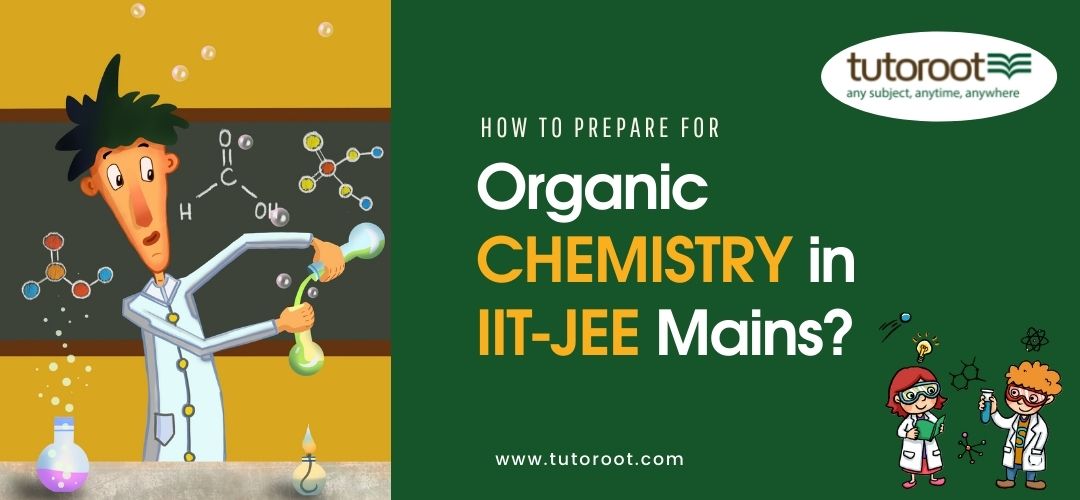How to Prepare for Organic Chemistry in IIT JEE Mains?
Organic Chemistry in JEE Main appears to be difficult at first glance because it involves many reactions, compounds, mechanisms, and structures. However, this section can be scored with good practice because the questions are most likely to be straightforward and unambiguous, making it an excellent section to score.
In addition to being time-saving, organic chemistry can be beneficial if the concepts and calculation techniques are understood. Experts recommend that you complete this section in 20 minutes or less. The most important topic in this section is ‘General Organic Chemistry.’ It is also the longest section. It is critical to understand the concepts and how they are applied to do well on this test.
7 Tips help you study for Organic Chemistry section for JEE Mains
- Refer to many NCERT Chemistry textbooks when studying for JEE Main Organic Chemistry, according to the following recommendations.
- It is necessary to emphasize general organic chemistry, isomerism, and effects.
- Experts recommend that you complete at least one year of study in General Organic Chemistry, hydrocarbons, alcohol, aldehyde, amines, and alkyl halide before beginning to solve questions for this section of the exam.
- Make a list of everything you remember from each chapter and take revision notes
- Revise your notes regularly to improve your memory and recall
- Prepare a number of questions in advance and practice giving mock exams.
- Make use of additional reference materials to do indepth practice and challenge your preparation.
| Tutoroot launches Crash Courses for this academic year on IGCSE, CBSE Class 10, IIT/JEE, NEET.
For more info Check |
6 Most important JEE Main Organic Chemistry Topics, Subtopics and Weightage
- Purification and Characterization of organic compounds : Purification, Qualitative analysis, Quantitative analysis
- Some basic principles of organic chemistry: Nomenclature, electronic displacement in a covalent bond, common types of organic reactions- 6.33%
- Hydrocarbons: Alkanes, Alkenes, Alkynes, Aromatic hydrocarbon- 6.33%
- Organic compounds containing Oxygen: Alcohols, phenols and ethers, Aldehyde and ketones, Carboxylic acid – 8.33%
- Organic compounds containing Nitrogen: Amines, Diazonium salts- 3.00%
- Biomolecules and Polymers: Carbohydrate, protein, vitamins, nucleic acids – 5.67%
Learning everything on your own can be tough and majority of students study their exams by seeking assistance from tutors, experts, coaching centres, and online JEE classes to score maximum marks in chemistry.
Conclusion
You can enroll in tutoroot’s Live interactive JEE Classes if you want a superior study solution from the comfort of your own home. They have qualified teachers and adaptive coursework that assists students according to their needs and academic requirements.


